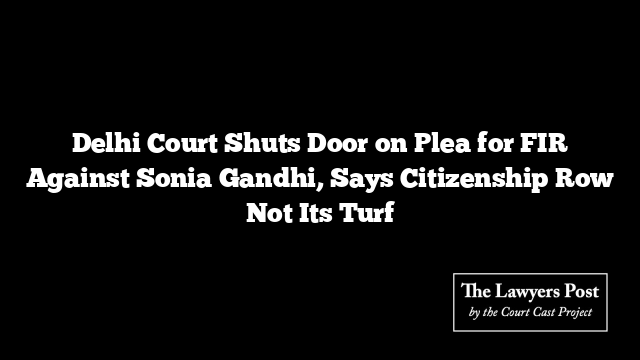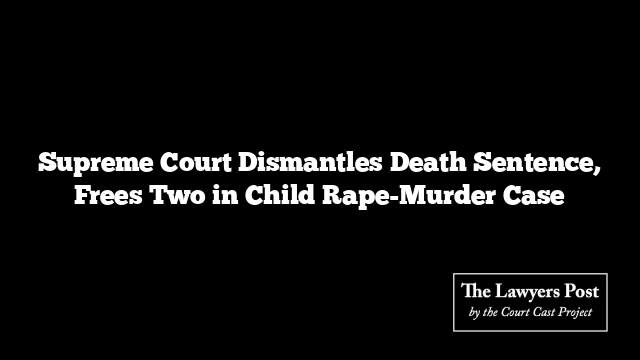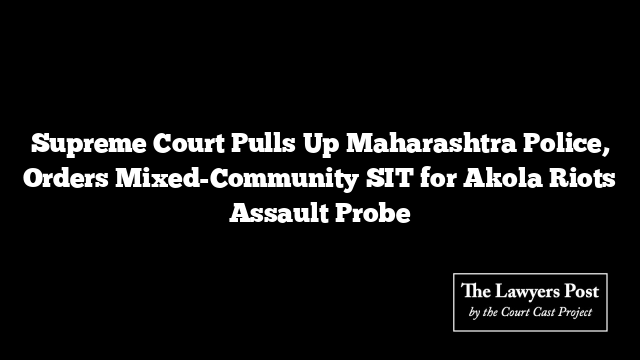A Delhi courtroom has refused to wade into a stormy petition demanding an FIR against Congress leader Sonia Gandhi, reminding the complainant that questions of citizenship aren’t for judges to toy with—they rest squarely in the hands of the Central government and the Election Commission.
The case was pushed by one Vikas Tripathi, who accused Gandhi of cheating, forgery, conspiracy, and even violating election laws by allegedly being on the voters’ list in 1980—three years before she became an Indian citizen in 1983. According to him, her name disappeared from the rolls in 1982 only to reappear in 1983, proof enough, he argued, for a criminal probe.
But the judge wasn’t persuaded. Additional Chief Metropolitan Magistrate Vaibhav Chaurasiya wrote in his order that decisions about who gets on or off the electoral roll are the sole domain of the Election Commission of India, backed by the Representation of the People Acts of 1950 and 1951. Courts, he warned, cannot trespass into that constitutional territory without violating Article 329 of the Constitution.
The judge also saw through what he described as an attempt to cloak a weak civil dispute in the garb of criminality. Mere assertions without hard particulars, he said, cannot be twisted into charges of forgery or cheating.
Tripathi’s plea, the court concluded, was little more than a misuse of legal machinery. With that, the case was dismissed—leaving Gandhi untouched by the allegations and reaffirming the Election Commission’s exclusive authority in matters of the voter list.





